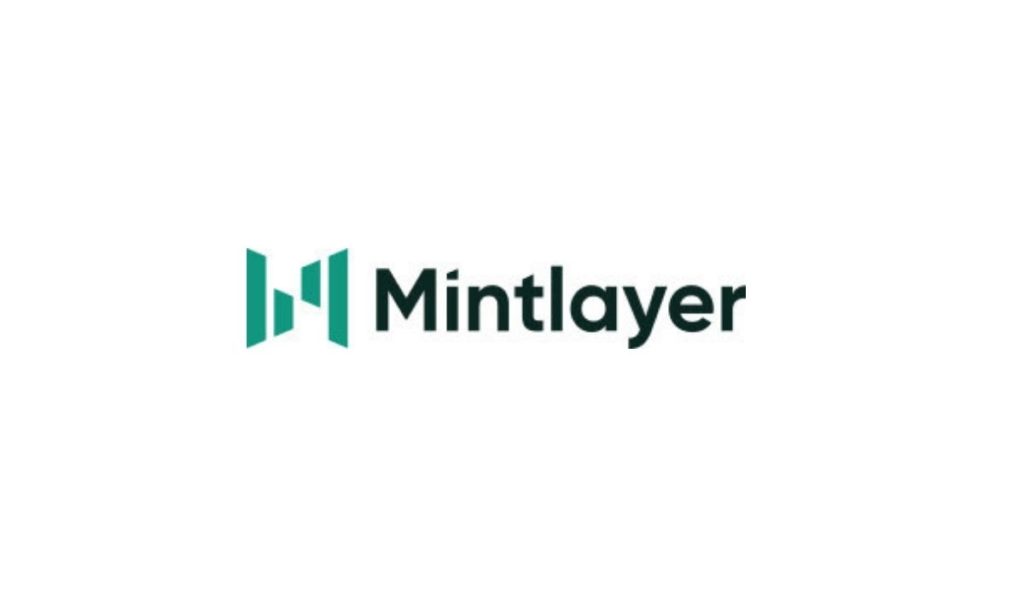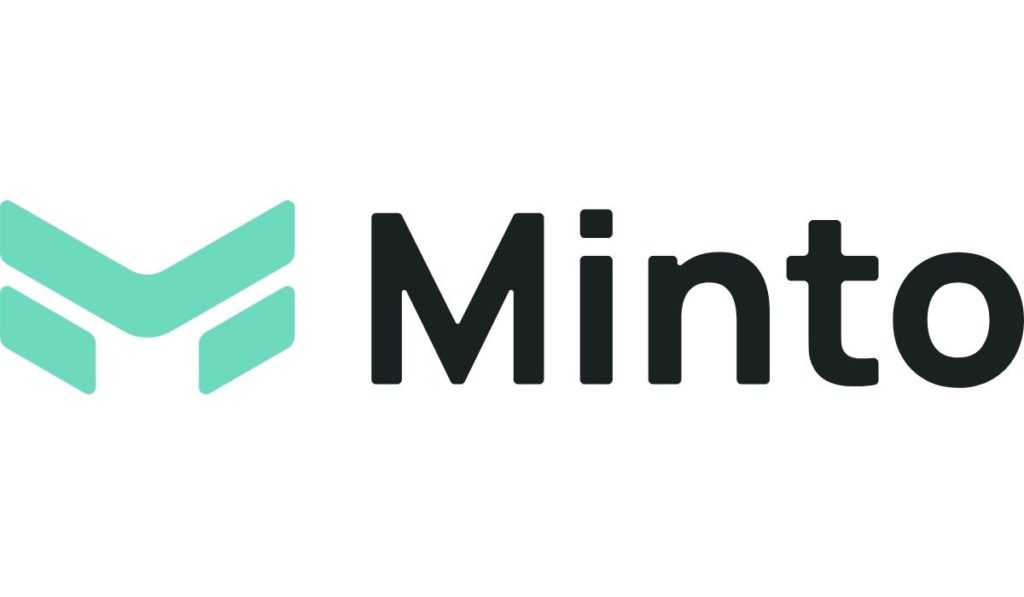2024-12-17 19:49 |
Bitcoin has historically been used for two main things: as a store of value and a medium of exchange. These two use cases have served the burgeoning digital economy well, as evidenced by bitcoin's roughly $2 trillion market cap and millions of institutional and retail users around the globe. These two use cases can be considered "native" to Bitcoin in that BTC holders do not need to trust third parties to benefit from them, while "foreign" use cases would include lending and borrowing, which involve reliance on centralized intermediaries.
So it's fair to say that Bitcoin has achieved global prominence, including inspiring the creation of Ethereum and thousands of other protocols and tokens and BTC becoming the reserve currency of El Salvador, on just two main use cases. Is this enough to continue its exponential impact on finance? Based on Bitcoin's extraordinary contributions to transforming our global systems to-date, it certainly could be, but I would argue that the introduction of additional native use cases—that is, those that retain the core tenets of decentralization and self-custody—will further Bitcoin's impact on the world's stage. The advent of novel security sharing protocols have made BTC staking a third native use case for Bitcoin, which will define the next era of its growth.
Bitcoin staking as a means of enhancing the security of Proof-of-Stake (PoS) systems while retaining user control enhances the utility of bitcoin as an asset for holders, while also providing a key service to Layer-2s, data availability layers, oracles, wallets and liquid staking token providers. By enabling both institutional and retail holders to realize staking rewards without having to liquidate their positions, BTC gains a new role within the broader digital economy.
PoS-based systems also tap into the decentralized security architecture for Bitcoin, safeguarding their ecosystems. Such synergy has furthered the bridging of Proof-of-Work (PoW) and PoS worlds and created more financial utility for bitcoin, the asset.
Do PoS chains need added security?The short answer is yes. Because PoS chains are secured by validators that stake capital, security increases with the amount of value staked. But, it can be difficult for smaller chains to incentivize staking validators, and so high inflation is often leveraged to attract capital with greater rewards. The downside to this approach is that the high inflation can't then be used to incentivize applications being built on the chain—which hampers the growth and ultimately the success of the project. The pool of potential validators with capital within the Ethereum ecosystem is also only so big.
Bitcoin, on the other hand, remains the network with the largest market cap and the greatest number of holders. If these holders could be incentivized to stake their BTC assets to secure PoS chains… well, that's an elegant solution that is now a real option.
How BTC staking worksBitcoin staking is a two-sided market. On one side are the BTC holders—the suppliers—who earn staking rewards in exchange for offering their assets to secure PoS chains. And on the other side are the PoS protocols that benefit from the enhanced security stemming from the increased capital being staked as a part of the transaction validation process essential to the long-term viability of the network. The fact that Bitcoin is the most decentralized network and BTC is the least volatile among digital assets also helps. Additionally, because PoS systems rely on slashing as a way to punish bad actor-validators, this also applies to staked BTC.
BTC staking goes institutionalBeyond benefiting retail users by allowing them to earn passive rewards on their BTC holdings, bitcoin staking offers an incredibly attractive opportunity to corporations and governments, both of which are increasingly getting involved in digital assets. Around 2.2% of bitcoin's supply was held by governments around the world as of August 2024, with the United States possessing 213,246 BTC, followed by China with 190,000 BTC.
Interestingly, smaller nations such as Bhutan have also become significant actors in the bitcoin space, ranking in fourth place for bitcoin owned by governments, behind the UK's 61,000 BTC reserves and just ahead of El Salvador's reported holdings of 5,800 BTC. This trend of increasing governmental bitcoin holdings represents a larger evolution in financial and geo-strategic planning to bolster economic stability on both a large and small state level.
Rather than sitting on idle bitcoin in their treasuries, institutions and governments can put these assets to work through bitcoin staking. The massive opportunity enabled by bitcoin staking is poised to transform bitcoin from merely a store of value and medium of exchange into an active asset that further incentivizes participation in decentralized systems and digital assets more broadly.
Bitcoin staking is likely only the beginning of Bitcoin as a foundation for innovation. In 2025, we are likely to see the rise of other native use cases that continue to cement bitcoin as a foundational asset within the global financial ecosystem.
origin »Bitcoin price in Telegram @btc_price_every_hour
Bitcoin (BTC) на Currencies.ru
|
|


















